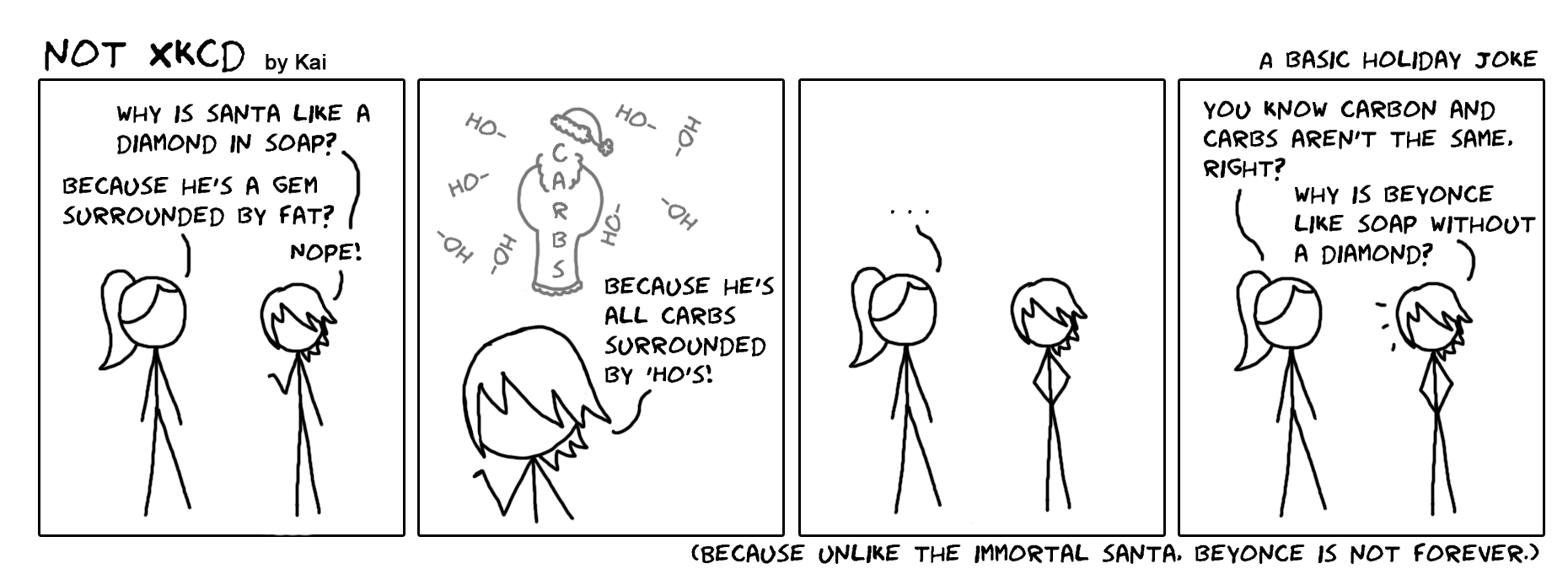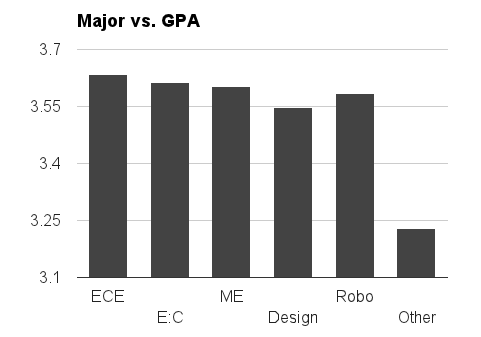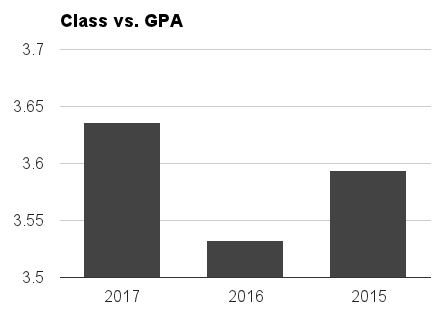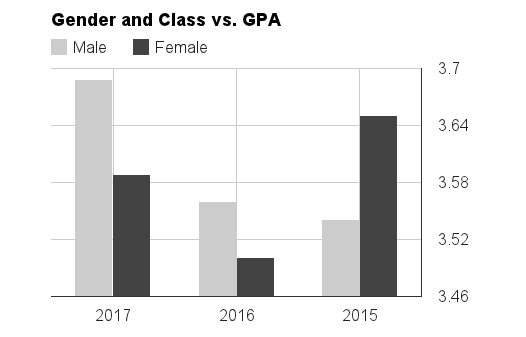A lot of Oliners are overworked. You may already have observed this. The fact is, even though we don’t compete for class rank, we do keep up an atmosphere that glorifies the near-burn-out. We praise the over-achiever, and we marvel at how the people who pack everything in manage to pull it off. And it’s not surprising that we do so. But this is a reaction that occurs – and has in our past occurred – without proper scrutiny. And there are repercussions to this mentality, so it’s long past time that we take a close look at it. It’s long past time that we examine the ways that these choices are affecting our lives and the lives of those around us.
This article is timed specifically to incite a moment of thoughtfulness when you register for classes this month. I spoke with Jessica Townsend, the Associate Dean for Curriculum and Academic Programs, about the issue of students enrolling in too many courses, and our conversation spanned a variety of topics – describing common pitfalls of overloaded students; weighing the value of class-work to time otherwise spent learning; and the unexpected emergent properties of the system. Jessica summed up the conversation neatly: “Four classes a semester should provide you with a pretty fricking stellar experience. We designed our curriculum for 32 classes.”
Yet, Jessica sees the same narratives over and over. Students overload. They lose touch with the clubs and activities they enjoy. They perform worse in their other classes. They burn out and end up dropping a class, no farther ahead than when they started. I had these experiences as a student too. In my three semesters immediately after Pass/No Record, I took 61 degree credits in addition to clubs, co-curriculars, and passionate pursuits. Each and every semester, I had one ‘dump’ class that I barely spent time on, and hardly got any learning out of. I also couldn’t really delve into the material in my other classes – the ones I did care about. I remember, everything had a priority level, from assignments to friendships to sleep. I visualize it as running around, handing out spoons from a little jar – a spoon for every little task. But sometimes, you have too many tasks, and not enough spoons! Then you have to go off and do whatever it is you do to get spoons back.
This happens to all of us. This is the status quo. But it’s not a good thing. It isn’t a desirable thing. What if we each committed to change it? First of all, we’d be doing ourselves, our teammates, and our teachers a service in our other classes. Just because you’re enrolled in a class doesn’t mean that you’re really engaging with it. In classes you care less about, try to find something to connect within the syllabus instead of mindlessly chugging through the material. Talk to the teacher. Work something out with classmates. Work smart, and be happier. You are in charge of your learning. And we all only have so many spoons.
Now, many students are able to overload without running themselves ragged. But they still are making a trade-off in the sort of learning they are engaged in. Yes, Olin’s faculty is incredible and their classes are both innovative and intriguing. However, not all learning can, or should, come from the classroom. Jessica told me: “When I see the time and effort that people spend on academic teams, independent studies, passionate pursuits, research with faculty, personal projects… I see that Olin isn’t just about the classes. I think you lose the opportunity to engage in these activities when you take too many classes.” One alum a few years out told Jessica: “HPV was by far the most valuable thing I did at Olin.” And in my own experience, the time I spent outside of the classroom working on leading, coordinating, and empowering student teams brought me much more joy and fulfilment then my academic work did. After returning from my LOA, I stayed almost as busy as I was before I left, but this time, my work was almost entirely extra-curricular. Of course, I’m somewhat of an anomaly, since I knew that I wouldn’t go into engineering. But the point transcends disciplines. You will be glad to do what you love, and you will reap the rewards from it.
Of course, I know that there are certain realities that we have to accommodate. There are limited course offerings. There are scheduling issues. There are limited spaces in certain classes. Course registration isn’t always pretty, and occasionally, we feel that we have to try to scratch out a space to fill our needs. The add/drop process is a complex system, and as such, the behavior of the constituent components creates certain unexpected emergent properties. For instance, when students hedge their bets by signing up for five classes while intending to take four this puts pressure on the faculty to teach more sections of the fundamental classes (more commonly selected as extras than special topics). Certain faculty members get trapped offering these standard classes semester after semester, which a) is not so interesting for them, b) is bad for more specialized majors, and c) reduces the overall diversity of offerings. In any case, Jessica says that she sends a “don’t panic” email out every semester: Apparently “enough people change their minds about that 4th class” that students end up getting their desired course load without really having to game the system.
That isn’t to say there are no valid reasons to overload (achieving the sustainability certificate, applying to pre-med programs, preparing for study away, making up withdrawn credits, are the ones that immediately came to mind). And everybody’s situation is different. I grant this. Still, with so many forces pushing us to do more, more, more, it’s important to realize there is another side to the issue that I strongly urge you to consider: Do less. Do what you love. Do it well. You shouldn’t need to justify doing the intended amount. You should need to justify doing more.
So, please take the time to consider, when you’re signing up for classes during registration: You only have so many hours in the week. You can choose to spend your extra hours on an extra class. Or, you can spend them doing anything else that you care deeply about instead. This is the decision you’re making. This is how it works. Of course, at the end of the day, if you are happy with your choice, then I’m happy for you. Good luck with the semester – I hope you avoid running out of spoons!




